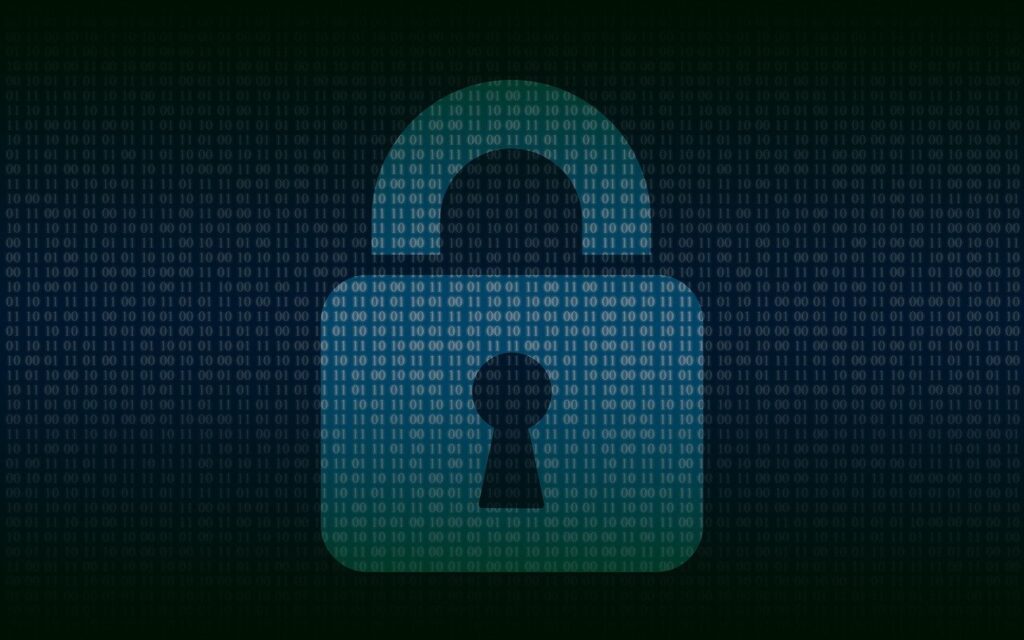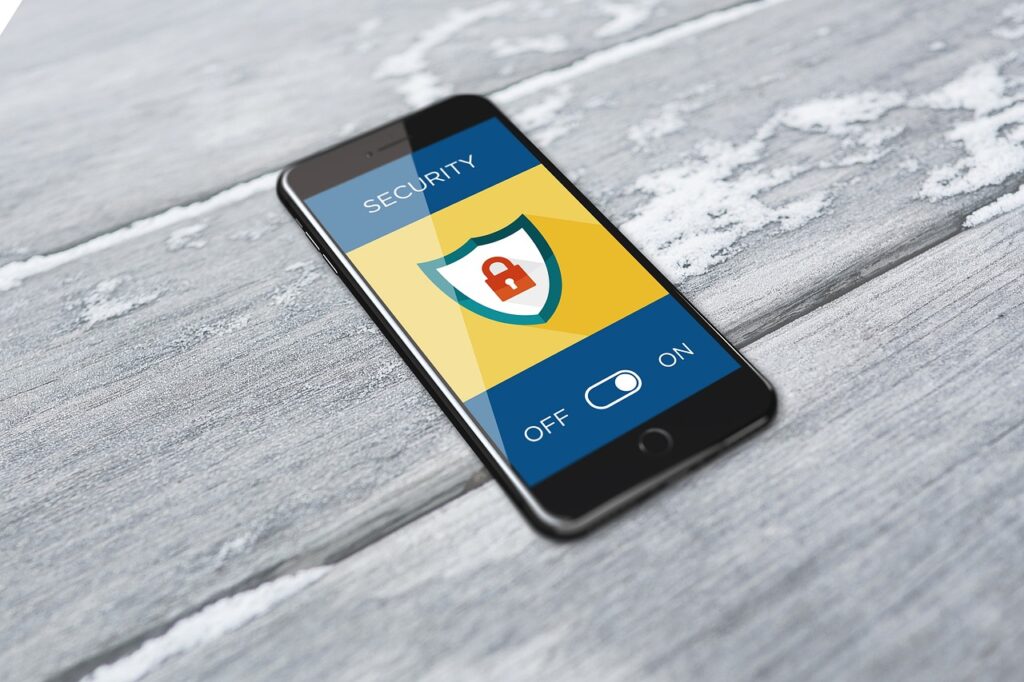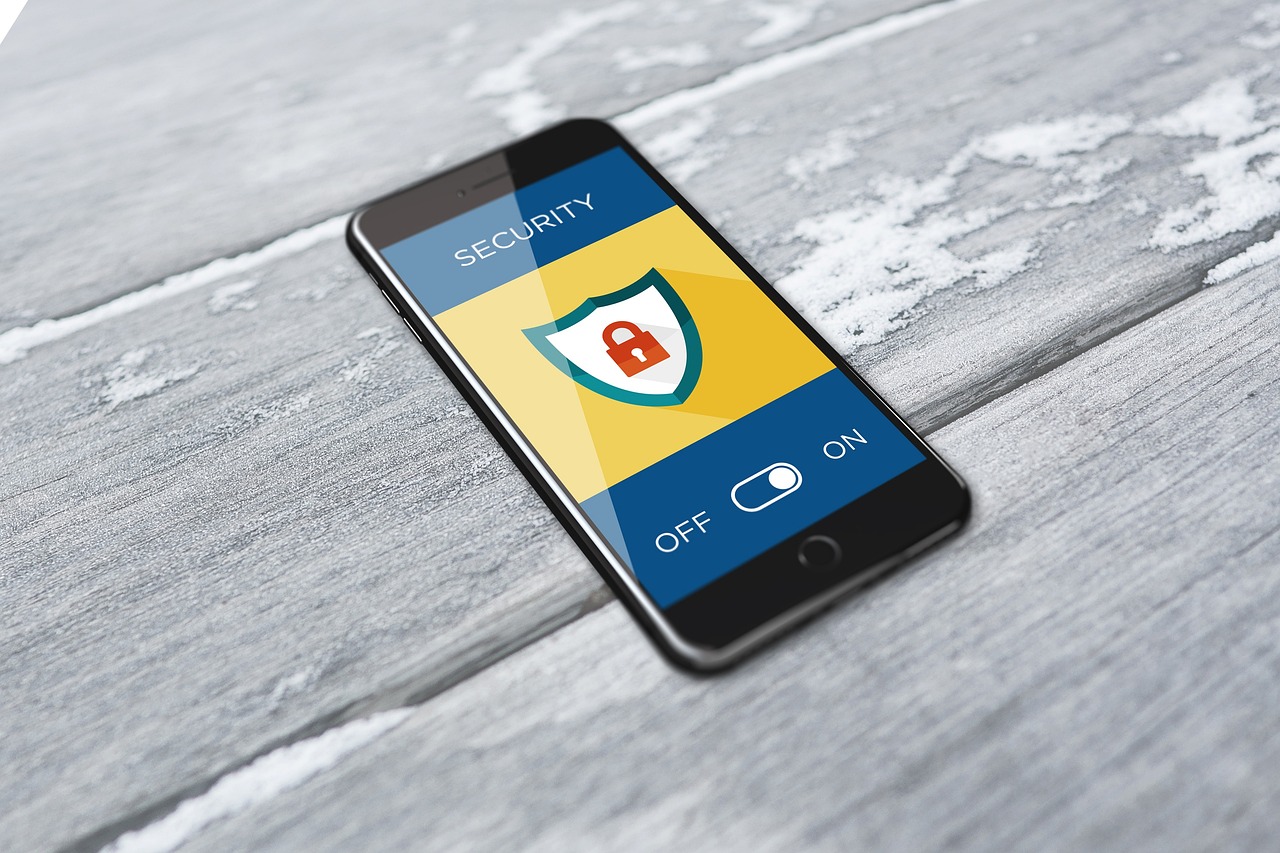In today’s digital world, the need for cybersecurity has become paramount. However, with the increasing sophistication of cyberthreats, businesses and individuals alike are finding it challenging to protect their sensitive information. This article provides a comprehensive guide on how to hire a hacker, not to engage in illegal activities, but to strengthen your security measures. By understanding the ethical hacking industry and its importance, you will gain insights on how to find a reputable hacker who can help identify vulnerabilities and fortify your defenses against malicious attacks.

This image is property of pixabay.com.
Understanding the Need for Hiring a Hacker
What is a hacker?
A hacker is an individual skilled in computer programming and system security. Contrary to popular belief, not all hackers are malicious individuals looking to exploit vulnerabilities in computer systems for personal gain. Hackers can be broadly categorized into two main types: white hat hackers and black hat hackers.
White hat hackers, also known as ethical hackers, are professionals who work within legal boundaries to identify and fix security vulnerabilities in computer systems. Their goal is to enhance the security measures of organizations and protect them against potential cyber threats. On the other hand, black hat hackers engage in illegal activities, such as unauthorized access to systems, stealing sensitive data, and causing damage to computer networks.
Reasons for hiring a hacker
There are several legitimate reasons for hiring a hacker in today’s digital landscape. Some of these reasons include:
-
Vulnerability testing: Organizations may hire ethical hackers to identify weaknesses in their system and help strengthen security measures. By simulating real-world cyber-attacks, ethical hackers can reveal potential vulnerabilities and recommend solutions before malicious hackers exploit them.
-
Investigation and digital forensics: Law enforcement agencies and private investigators often work with hackers to gather evidence for cybercrime investigations. Hackers skilled in digital forensics can analyze computer systems, track down cybercriminals, and recover valuable data.
-
Data recovery: In case of accidental loss or deletion of important data, individuals or organizations may seek the help of professional hackers to retrieve the information. These hackers possess the necessary expertise to recover data from various storage devices and systems.
-
Enhancing cybersecurity measures: By hiring ethical hackers, organizations can proactively identify security gaps and strengthen their defenses against cyber threats. These professionals can conduct penetration testing and vulnerability assessments to help organizations stay one step ahead of potential attackers.
Ethics and legality of hiring hackers
The ethics and legality of hiring hackers depend on the intent and actions involved. Hiring a black hat hacker for illegal activities is unlawful and can lead to severe legal consequences. However, working with ethical hackers who adhere to legal boundaries is a responsible and ethical practice.
When engaging a hacker’s services, it is essential to ensure they operate within the law and adhere to ethical guidelines. Conducting background checks, verifying their reputation, and ensuring they have relevant certifications and qualifications are important steps to safeguard against any potential ethical or legal implications.
Determine Your Purpose for Hiring a Hacker
What do you need the hacker for?
Before proceeding to hire a hacker, it is crucial to determine your specific needs and requirements. Identify the purpose behind hiring a hacker and the desired outcome you wish to achieve. This clarity will enable you to effectively communicate your needs to potential hackers and ensure that their skills align with your goals.
Some common reasons for hiring a hacker include:
-
Testing system vulnerabilities: If you are an organization looking to assess the security of your computer systems, you may need a hacker to conduct penetration testing. This involves intentionally attempting to exploit vulnerabilities to identify weaknesses in your system’s defenses.
-
Investigating cybercrime: If you have fallen victim to a cyber attack or suspect malicious activity, hiring a hacker with expertise in digital forensics can help gather evidence and track down the perpetrators.
-
Recovering lost data: If you have suffered data loss due to accidental deletion, hardware failure, or other reasons, a hacker with data recovery skills can assist in retrieving the lost information.
-
Strengthening cybersecurity: Organizations looking to improve their cybersecurity measures may hire ethical hackers to provide insights into vulnerabilities and suggest ways to enhance the overall security posture.
Defining your goals and objectives
Once you have determined the purpose for hiring a hacker, it is important to define clear goals and objectives. Clearly articulate what you expect to achieve from the hacker’s services. For example, if your goal is to identify weaknesses in your network infrastructure, specify the systems or applications you want the hacker to target.
Setting measurable objectives will help both you and the hacker gauge progress and success throughout the engagement. Whether it is achieving a specific level of system security or recovering a particular amount of data, defining clear goals ensures that both parties are aligned in their expectations.
Determining the scope of the task
After identifying your purpose and goals, it is essential to determine the scope of the task. Clearly outlining the boundaries and limitations of the engagement will prevent any misunderstandings and ensure the hacker focuses their efforts in the right areas.
Consider factors such as the specific systems or data to be targeted, the timeframe in which the work should be completed, and any legal or compliance requirements that must be adhered to. By clearly defining the scope, you can effectively communicate your requirements to potential hackers and evaluate their suitability for the task at hand.

This image is property of pixabay.com.
Researching and Finding a Qualified Hacker
Where to find hackers
Finding qualified hackers can be challenging, as their services are often not publicly advertised. However, there are several avenues you can explore to connect with skilled hackers. Some options include:
-
Online platforms: Various websites and online platforms, such as hacker forums and cybersecurity communities, provide spaces where hackers showcase their skills and offer their services. These platforms often require membership and careful vetting to ensure trustworthiness.
-
Referrals and recommendations: Seek recommendations from trusted sources, such as colleagues, friends, or industry professionals who may have previously worked with hackers. Their firsthand experience can provide valuable insights into the skills and reliability of potential candidates.
-
Professional networks: Engaging with professional networks, such as cybersecurity conferences, industry events, or online communities, can help connect with reputable hackers. Building relationships with individuals in the cybersecurity field can lead to introductions to qualified hackers.
Platforms and forums for hiring hackers
Several platforms and forums exist that connect individuals and organizations with hackers for legitimate purposes. However, it is crucial to exercise caution and carefully evaluate the reputation and legitimacy of these platforms before engaging with hackers. Some popular platforms include:
-
HackerOne: A well-known platform that connects organizations with ethical hackers for vulnerability testing and bug bounty programs. HackerOne has a partner network of certified ethical hackers and provides a trusted environment for collaboration.
-
Bugcrowd: Similar to HackerOne, Bugcrowd allows organizations to crowdsource vulnerability assessments and bug discovery from ethical hackers. It provides a platform for secure collaboration and offers various engagement models.
-
Cybersecurity forums: Online forums, such as Reddit’s “netsec” or “hacking” communities, can be a source of information and connections to qualified hackers. However, exercise caution and conduct thorough background checks before engaging with individuals recommended on such platforms.
Considerations for reputable hackers
When researching and finding a qualified hacker, it is crucial to consider certain factors to ensure their reputation, legitimacy, and expertise. Some key considerations include:
-
Portfolio and past work: Requesting a portfolio or examples of the hacker’s previous work can provide insights into their capabilities and experience. Reviewing the success of their previous engagements can help assess their suitability for your requirements.
-
Certifications and qualifications: Look for hackers who possess relevant certifications and qualifications in ethical hacking or cybersecurity. Certifications such as Certified Ethical Hacker (CEH) or Offensive Security Certified Professional (OSCP) indicate a strong foundation of knowledge and expertise.
-
Specialization and experience: Assess if the hacker specializes in the specific areas relevant to your requirements. For example, if you need assistance in mobile application security, look for hackers with expertise in that domain. Prior experience in similar projects or industries can also be advantageous.
By taking these considerations into account, you can identify reputable hackers who possess the necessary skills and experience to meet your specific needs.
Assessing the Hacker’s Skills and Expertise
Technical expertise and knowledge
When assessing a hacker’s skills and expertise, technical proficiency is of utmost importance. Evaluate the hacker’s knowledge in areas such as:
-
Network security: Determine their understanding of network protocols, firewalls, intrusion detection systems, and other network security measures.
-
Web application security: Assess their familiarity with common web vulnerabilities, such as Cross-Site Scripting (XSS), SQL injection, and Cross-Site Request Forgery (CSRF).
-
Operating system security: Evaluate their knowledge of popular operating systems, such as Windows and Linux, and their ability to identify and exploit vulnerabilities specific to these systems.
-
Secure coding practices: Determine their understanding of secure coding principles and the ability to identify vulnerabilities in application code.
Certifications and qualifications
Certifications and qualifications provide a standardized measure of a hacker’s capabilities and expertise. Some certifications that can showcase a hacker’s proficiency include:
-
Certified Ethical Hacker (CEH): This certification validates a hacker’s knowledge of ethical hacking techniques and tools, emphasizing the importance of lawful and responsible hacking practices.
-
Offensive Security Certified Professional (OSCP): OSCP certification demonstrates practical skills in penetration testing, emphasizing hands-on approaches and real-world scenarios.
-
GIAC Certified Penetration Tester (GPEN): GPEN certification tests a hacker’s knowledge and ability to conduct penetration testing and provides validation of their skills in the field.
While certifications are an important factor to consider, they should not be the sole basis for assessing a hacker’s skills. Practical experience and past engagements should also be evaluated to gain a comprehensive understanding of their expertise.
Specialization and experience
Hacker’s specialization and experience in specific areas can significantly impact their ability to deliver desired outcomes. Consider their past projects and engagements to determine if they have experience in the domain relevant to your needs.
Question the hacker about their familiarity with industry-specific technologies, such as Internet of Things (IoT) devices, cloud computing platforms, or industrial control systems. Their ability to navigate these specialized environments demonstrates a deeper understanding and provides assurance that they can address your unique requirements effectively.
By thoroughly assessing a hacker’s technical expertise, certifications, and qualifications, as well as their specialization and experience, you can make an informed decision when selecting the most suitable hacker for your specific needs.

This image is property of pixabay.com.
Ensuring the Hacker’s Trustworthiness and Ethics
Background checks and reputation
To ensure the trustworthiness of a hacker, conducting thorough background checks is crucial. Seek references, ask for testimonials from previous clients, and verify the hacker’s employment history. These steps can provide valuable insights into their professionalism and reliability.
Online research can also uncover valuable information regarding a hacker’s reputation. Look for any negative feedback, reports of unethical practices, or involvement in illegal activities. Pay attention to public forums and online communities where hackers may be discussed. Remember to exercise caution when interpreting such information, as it may not always provide a complete and unbiased view.
Verifying the hacker’s previous work
Learning about a hacker’s previous work can help determine their competence and professionalism. Request references or case studies from previous clients to understand their approach, methodology, and success rate.
If possible, reach out to these previous clients to discuss their experience working with the hacker. Inquire about their level of satisfaction, project outcomes, and the hacker’s adherence to agreed-upon terms and conditions. These firsthand accounts can provide valuable insights into the hacker’s work ethic, trustworthiness, and ability to deliver results.
Evaluating ethics and code of conduct
Hiring a hacker entails considering their ethical standards and adherence to a code of conduct. Ethical hackers should prioritize the lawful and responsible use of their skills, ensuring that their activities align with legal boundaries.
During the evaluation process, question the hacker regarding their ethical principles, how they approach sensitive information, and their commitment to respecting privacy and confidentiality. A well-defined code of conduct ensures that the hacker operates ethically and protects the interests of your organization.
Establishing Clear Terms and Conditions
Defining the scope of work
To ensure a successful collaboration with a hacker, it is essential to establish clear terms and conditions. This includes defining the scope of work, deliverables, and timeline.
Clearly articulate the objectives, systems or data to be targeted, and any specific testing methodologies or tools to be employed. It is beneficial to document this information in a project brief or a statement of work, which can serve as a reference throughout the engagement.
Agreeing on pricing and payment terms
Determining the cost and payment terms is an important aspect of hiring a hacker. Since every project and engagement is unique, rates can vary depending on factors such as the complexity of the task, the duration of the engagement, and the hacker’s reputation.
Discuss the pricing structure upfront and ensure that both parties agree on the rates, whether it is an hourly rate, a fixed project fee, or a retainer-based model. Consider including milestones and payment schedules to ensure transparency and accountability.
Creating a legally binding contract
To protect both parties involved, it is crucial to create a legally binding contract that outlines the agreed-upon terms and conditions. The contract should clearly cover aspects such as the scope of work, pricing, payment terms, confidentiality obligations, ownership of deliverables, and dispute resolution methods.
Engage legal counsel to draft or review the contract to ensure it adequately protects your interests and complies with relevant laws and regulations. A well-drafted contract provides a framework for the engagement and helps mitigate potential risks or conflicts.

Collaborating with the Hacker
Effective communication and collaboration
Establishing effective communication and collaboration channels is essential for a successful engagement with a hacker. Maintain clear lines of communication and establish regular check-ins to discuss progress, address any questions or concerns, and provide updates on the project.
Understand that effective communication is a two-way street. Be responsive to the hacker’s inquiries, provide timely feedback, and be open to discussions or suggestions they may offer. Fostering a collaborative environment can lead to better outcomes and a more positive working relationship.
Providing necessary information and resources
To enable the hacker to perform their work effectively, provide them with all the necessary information and resources. This may include access to systems or applications, relevant documentation, and credentials required for testing or analysis.
Ensure the hacker is aware of any legal or compliance requirements specific to your industry or organization. By providing comprehensive information upfront, you enable the hacker to focus on the task at hand and avoid unnecessary delays or misunderstandings.
Setting regular updates and milestones
To track progress and maintain transparency, establish regular updates and milestones throughout the engagement. This allows you to monitor the hacker’s progress and ensure they are on track to achieve the desired outcomes.
Define specific checkpoints or milestones at key stages of the project and align them with the overall timeline. Regular progress updates enable you to make informed decisions, provide feedback, and address any issues that may arise during the course of the engagement.
Maintaining Data Security and Confidentiality
Implementing secure communication channels
Given the sensitive nature of the work involved, it is essential to implement secure communication channels when collaborating with a hacker. Utilize encrypted messaging platforms, secure file sharing services, or virtual private networks (VPNs) to protect the confidentiality of your interactions.
Avoid using insecure or public communication channels, such as unencrypted email or messaging services that do not prioritize security. By prioritizing secure communication channels, you help safeguard sensitive information from unauthorized access or interception.
Protecting sensitive data
Protecting sensitive data during the engagement is crucial to maintain confidentiality and comply with relevant privacy regulations. Minimize the exposure of sensitive information by only providing the hacker with the data necessary to perform their work.
Consider anonymizing or pseudonymizing data whenever possible. This ensures that personal or identifying information is not exposed during testing or analysis. Additionally, consider conducting data masking or redaction to further protect sensitive information.
Ensuring confidentiality agreements
To enforce the protection of sensitive information, ensure that both parties sign a confidentiality agreement. A confidentiality agreement formalizes the obligations and responsibilities regarding the non-disclosure of sensitive information.
Be clear about what information is subject to the agreement, the duration of the confidentiality obligations, and the repercussions for any breaches. Consult legal counsel to draft or review the confidentiality agreement to ensure it adequately protects your organization’s interests.

Managing Risks and Legal Implications
Legal considerations and potential consequences
Engaging a hacker’s services inherently involves legal considerations and potential consequences. It is important to fully understand the legal implications and risks associated with the work being performed.
Familiarize yourself with relevant cybersecurity laws and regulations in your jurisdiction. Understand the limitations and restrictions on the activities that can be performed by the hacker to avoid any violations that could lead to legal consequences.
Cybersecurity laws and regulations
The legal landscape surrounding cybersecurity is complex and varies across jurisdictions. Familiarize yourself with applicable laws and regulations, such as the Computer Fraud and Abuse Act (CFAA) in the United States or the General Data Protection Regulation (GDPR) in the European Union.
Ensure that the hacker’s activities conform to these laws and regulations. Keep in mind that unauthorized access to systems, theft of data, or any other illegal activities can lead to severe legal consequences.
Working within legal boundaries
To mitigate legal risks, it is essential to work within legal boundaries when hiring a hacker. Clearly define the authorized scope of the engagement and ensure the hacker understands the limitations imposed by the law.
Consult legal counsel to ensure compliance with relevant laws and regulations specific to your industry or jurisdiction. By staying within legal boundaries, you can protect your organization’s reputation, assets, and avoid potential legal repercussions.
Taking Responsibility and Accountability
Understanding the consequences of hacking activities
When hiring a hacker, it is important to understand and accept the consequences that may arise from their activities. Even when working with ethical hackers, there may be potential legal, ethical, or reputational consequences associated with their work.
Educate yourself on the potential risks and implications involved in the specific engagement. Be prepared to assume responsibility for any repercussions that may arise from the outcome of the hacker’s activities.
Being transparent with your intentions
Maintaining transparency with the hired hacker is crucial to ensure ethical and lawful practices. Clearly communicate your intentions, objectives, and any limitations or restrictions that must be adhered to.
By clearly articulating your expectations and boundaries, you establish a foundation of trust and allow the hacker to align their work with your goals.
Accepting potential legal and ethical repercussions
Hiring a hacker inherently involves potential legal and ethical ramifications. It is important to accept these risks and understand that engaging with a hacker’s services may have unintended consequences.
Ensure you have legal counsel available to provide guidance and support throughout the engagement. By accepting potential legal and ethical repercussions, you can make informed decisions and minimize potential risks to your organization.
In conclusion, hiring a hacker can be a legitimate and strategic decision for organizations and individuals who require specialized expertise in areas such as cybersecurity, vulnerability testing, investigation, data recovery, or enhancing overall system security. By understanding the need for hiring a hacker, determining your purpose, researching and finding a qualified individual, assessing their skills and expertise, and establishing clear terms and conditions, you can navigate the process of hiring a hacker in a responsible and effective manner. It is essential to prioritize trustworthiness, confidentiality, and adherence to legal boundaries throughout the engagement, ensuring that you collaborate with a hacker who operates with professionalism, ethics, and expertise. By taking responsibility for the potential consequences and maintaining transparency, you can mitigate risks and achieve your desired outcomes while operating within legal and ethical frameworks.

